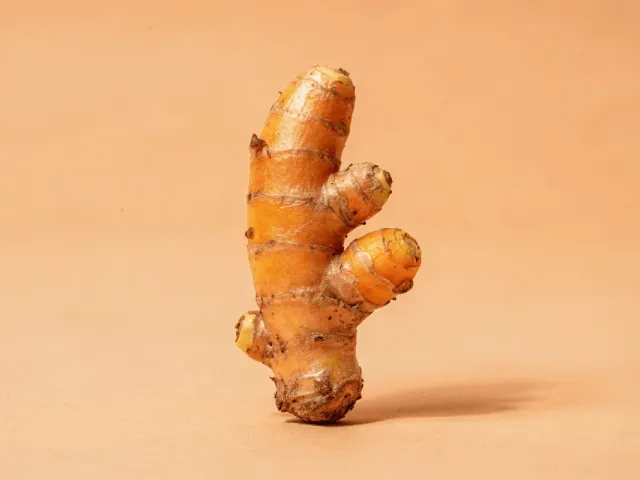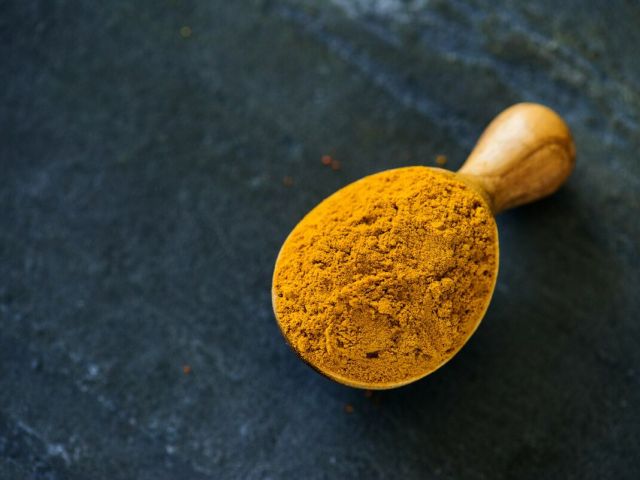
6 Natural Alternatives to Metformin
Looking for natural alternatives to metformin? You’re not alone. While metformin helps millions manage their blood sugar levels, some people experience side effects or prefer exploring natural options alongside their current treatment.
Research shows several promising natural compounds that may help lower blood sugar levels through similar mechanisms. These evidence-based alternatives offer hope for those seeking plant-based approaches to glucose management.
Key Takeaways
- Metformin itself originated from a natural plant (French lilac) used in traditional medicine for centuries
- Berberine shows the strongest evidence as a natural alternative, with studies showing identical glucose-lowering effects to metformin
- Natural supplements work best when combined with proper diet, exercise, and lifestyle changes
- Always consult your healthcare provider before making changes to diabetes medications – stacking both supplements provides complete performance and recovery support
What is Metformin and How Does It Work?
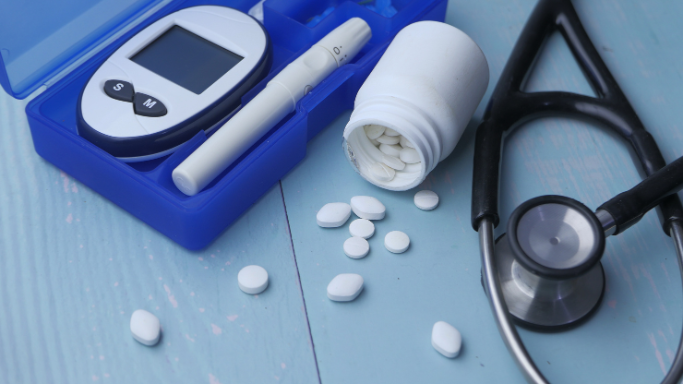
Metformin actually has natural origins. This widely prescribed medication was originally derived from Galega officinalis, commonly known as French lilac or goat’s rue. Traditional European medicine used this plant for centuries to treat diabetes symptoms1.
Many people take metformin as their first-line treatment for type 2 diabetes. It effectively targets multiple pathways. The active compounds in French lilac are guanidine and galegine, which possess glucose-lowering properties.
Modern metformin works by:
- Reducing glucose production in the liver
- Improving insulin sensitivity in muscles
- Slowing glucose absorption in the intestines
- Activating AMPK, a key metabolic enzyme
Why Consider a Natural Alternative to Metformin?
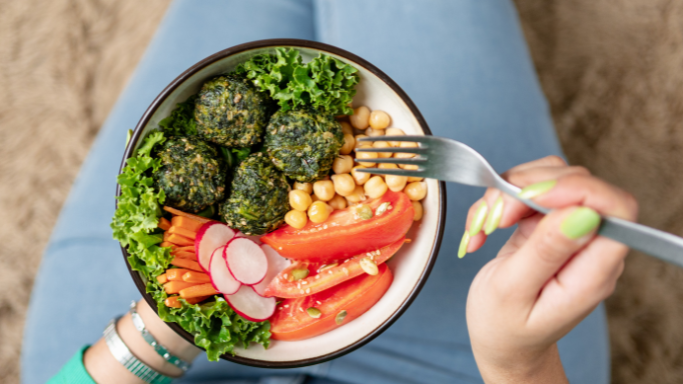
While metformin remains an effective first-line treatment for type 2 diabetes, some people seek natural alternatives due to:
- Digestive side effects like nausea or diarrhea
- Rare but serious risks like lactic acidosis
- Desire to complement conventional treatment
- Preference for plant-based approaches
- Cost considerations
Remember, any changes to your diabetes management should involve your healthcare provider. These natural supplements work best as part of a complete approach that includes proper nutrition and regular monitoring.
6 Science-Backed Natural Metformin Alternatives
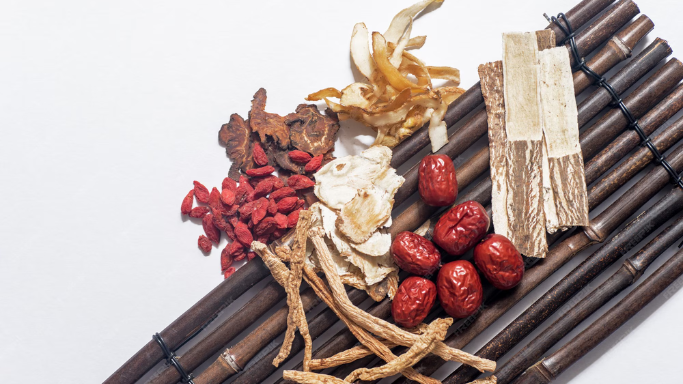
Here’s a comparison of the most promising natural alternatives:
| Natural Alternative | Daily Dosage | Key Benefits | Best For |
|---|---|---|---|
| Berberine | 500mg 2-3x daily | Identical to metformin effects | General glucose control |
| Curcumin | 500-1000mg | Anti-inflammatory + glucose control | Those with inflammation |
| Ceylon Cinnamon | 1000mg | Post-meal glucose reduction | Meal-time glucose spikes |
| Ginseng | 1-3g | Pancreatic support | Insulin production issues |
| Magnesium | 360-500mg | Enzyme cofactor | Magnesium deficiency |
| Inositol | 550mg + 13.8mg | Insulin signaling | PCOS, insulin resistance |
1. Berberine
Berberine stands out as the most researched natural alternative to metformin. This bright yellow compound, found in plants like goldenseal and Oregon grape, shows remarkable similarity to metformin’s effects.
Clinical studies show that berberine exhibits “identical effects” to metformin in regulating glucose metabolism. In newly diagnosed type 2 diabetes patients, berberine notably reduced2:
- HbA1c from 9.5% to 7.5%
- Fasting blood glucose from 10.6 to 6.9 mmol/L
- Post-meal glucose from 19.8 to 11.1 mmol/L
A detailed analysis of 37 studies involving over 3,000 patients confirmed berberine’s ability to lower blood sugar levels. The research showed an excellent safety profile with no increased hypoglycemia risk3.
Beyond glucose control, berberine also helps improve cholesterol levels and provides cardiovascular benefits.
2. Curcumin
Curcumin, the active compound in turmeric, offers powerful anti-inflammatory benefits that support healthy glucose metabolism. Recent research involving 1,382 type 2 diabetes patients found curcumin notably decreased fasting blood glucose by 11.48 mg/dL and HbA1c by 0.54%4.
- Beyond lowering blood sugar, curcumin works through multiple pathways:
- Reduces liver glucose production
- Decreases inflammation markers
- Supports healthy pancreatic function
For optimal absorption and bioavailability, consider our Extra Strength Turmeric+. This formula combines curcumin with black pepper extract and other synergistic compounds for maximum effectiveness.
3. Ceylon Cinnamon
Not all cinnamon is created equal when it comes to blood sugar control. Ceylon cinnamon (Cinnamomum verum) offers superior benefits compared to the more common Cassia variety.
A 2025 randomized controlled trial found that 1,000mg daily of Ceylon cinnamon extract for 12 weeks notably reduced fasting blood sugar by 8.59 mg/dL. The effects were particularly strong in individuals with type 2 diabetes5.
Ceylon cinnamon helps improve insulin sensitivity. It can reduce post-meal glucose spikes by 18-29% when taken with meals. Choose Ceylon over Cassia cinnamon to avoid excess coumarin, which may cause liver issues with long-term use.
4. Ginseng
Both American ginseng (Panax quinquefolius) and Asian ginseng (Panax ginseng) show consistent glucose-lowering effects in clinical research.
Analysis of 16 randomized controlled trials found ginseng notably reduced fasting blood glucose by 0.31 mmol/L compared to control groups. American ginseng showed 18-22% reductions in glucose levels whether taken before or with meals6.
Ginseng supports healthy blood sugar through:
- Stimulating natural insulin production
- Protecting pancreatic cells from damage
- Enhancing glucose uptake in muscles
- Improving overall insulin sensitivity
5. Magnesium
Magnesium deficiency affects up to 48% of people with diabetes. This makes supplementation particularly relevant for this population. This important mineral serves as a cofactor for over 300 enzymes involved in glucose metabolism.
Research shows that magnesium supplementation can result in7.
- 9.85% decrease in HbA1c levels
- 19.11% reduction in fasting blood sugar
- 26.55% decrease in post-meal glucose
A daily dose of 360-500mg appears most effective for blood sugar control. This is particularly true for individuals with documented magnesium deficiency. Beyond glucose benefits, adequate magnesium also supports cardiovascular health and helps maintain healthy cholesterol levels.
6. Inositol
Inositol, particularly the combination of myo-inositol and D-chiro-inositol, plays crucial roles in insulin signaling pathways. These compounds work exceptionally well for insulin-resistant conditions.
Clinical studies show that combined inositol supplementation (550mg myo-inositol plus 13.8mg D-chiro-inositol twice daily) notably reduced8.
- Fasting blood glucose from 192.6 to 160.9 mg/dL
- HbA1c from 8.6% to 7.7%
Inositol works particularly well for individuals with PCOS, metabolic syndrome, and gestational diabetes risk factors.
Lifestyle Changes That Support Natural Remedies

Natural supplements work best when combined with proven lifestyle modifications. Many people don’t realize that low energy and fatigue can be signs of NAD deficiency, which affects cellular energy production.
Consider these evidence-based approaches:
- Dietary changes: Focus on whole foods, fiber-rich vegetables, and balanced protein intake. Certain foods that boost NAD levels can support metabolic health
- Regular exercise: Both aerobic activity and resistance training improve insulin sensitivity
- Stress management: Chronic stress creates oxidative stress that can worsen blood sugar control
- Quality sleep: Poor sleep affects glucose metabolism and insulin function
- Weight management: Even modest weight loss can improve blood sugar control
For complete metabolic support, consider getting your NAD levels tested. This crucial coenzyme plays vital roles in cellular energy production and glucose metabolism. You might also explore ways to increase your NAD+ levels naturally.
When to Consult Your Healthcare Provider
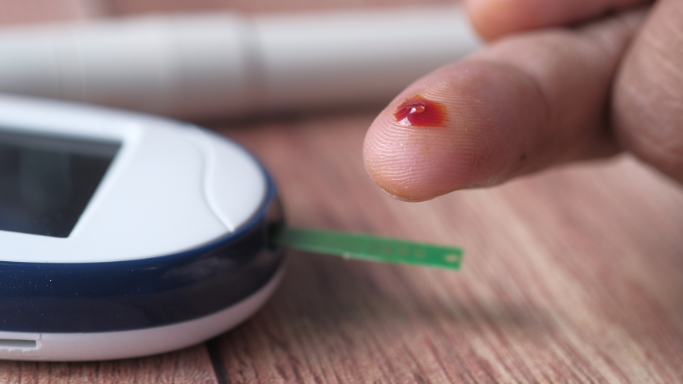
While these natural alternatives show promising research, they shouldn’t replace prescribed medications without medical supervision. Work with your healthcare provider to:
- Monitor blood glucose levels regularly
- Adjust medication dosages if needed
- Screen for potential interactions
- Track progress with appropriate lab tests
- Develop a complete management plan
Some natural supplements may interact with diabetes medications or affect other health conditions. Your doctor can help determine the safest and most effective approach for your individual situation.
These six natural alternatives represent science-backed options that may complement your current diabetes management strategy. From berberine’s metformin-like effects to curcumin’s anti-inflammatory benefits, each offers unique ways to support healthy glucose metabolism.
Remember that successful diabetes management typically involves multiple approaches working together. Whether you’re exploring natural alternatives due to side effects or simply want to optimize your health naturally, these evidence-based options provide valuable tools for your wellness path.
Referenced Sources:
- https://www.medecinesciences.org/articles/medsci/full_html/2014/01/medsci20143001t82/medsci20143001t82.html ↩︎
- https://pmc.ncbi.nlm.nih.gov/articles/PMC2410097/ ↩︎
- https://pubmed.ncbi.nlm.nih.gov/36467075/ ↩︎
- https://www.mdpi.com/2072-6643/16/23/4177 ↩︎
- https://dx.plos.org/10.1371/journal.pone.0317904 ↩︎
- https://pmc.ncbi.nlm.nih.gov/articles/PMC6943541/ ↩︎
- https://pmc.ncbi.nlm.nih.gov/articles/PMC11536276/ ↩︎
- https://pmc.ncbi.nlm.nih.gov/articles/PMC5078644/ ↩︎

Get weekly health insights and exclusive offers by joining our newsletter.

